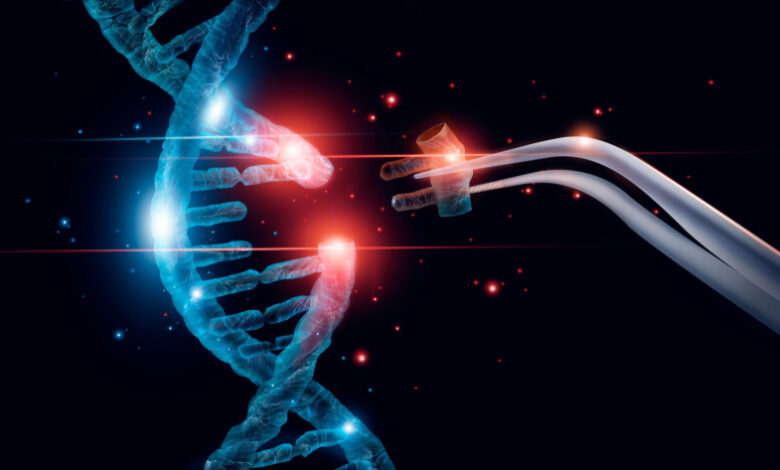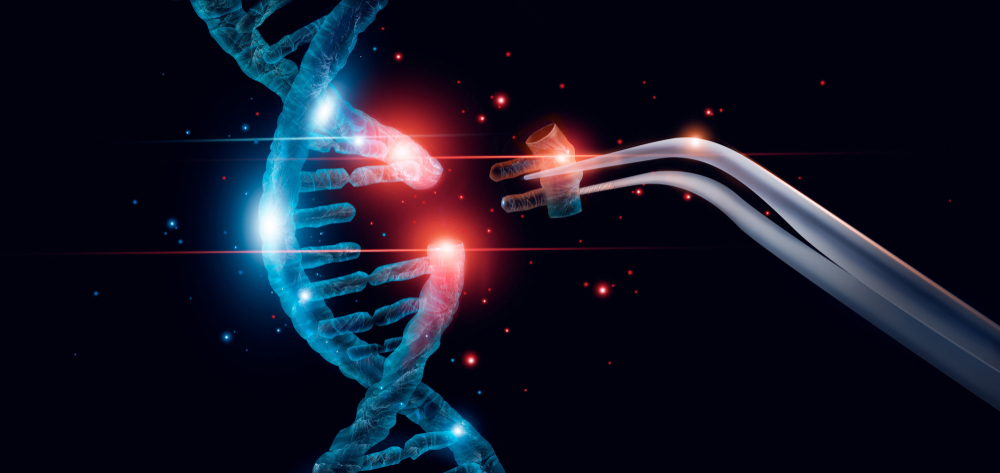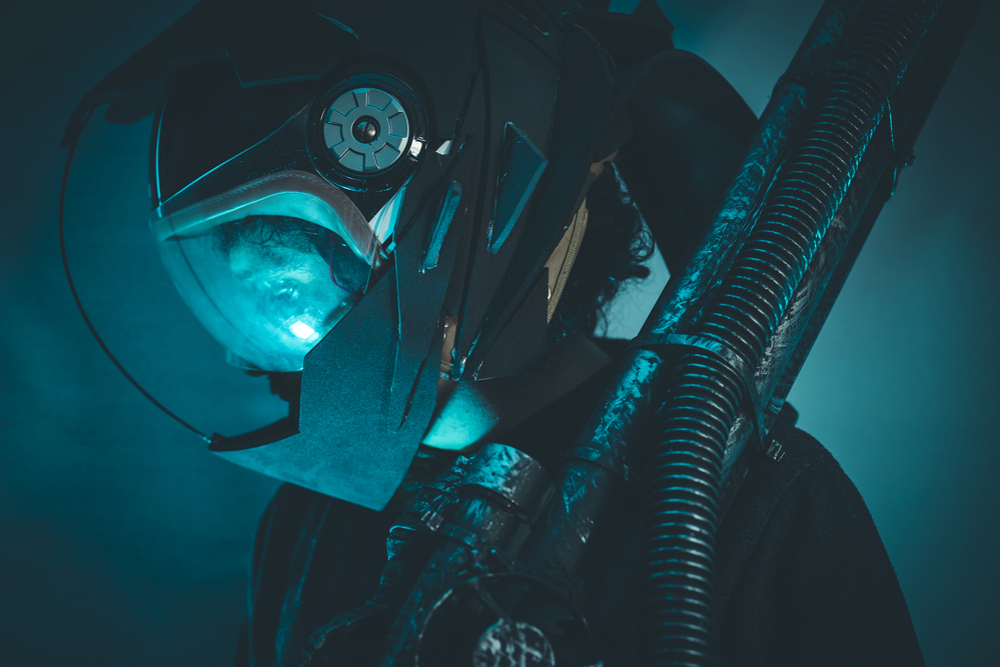Scientist Who Gene Edited Human Embryos Apologizes But Super Soldiers May Be Next

In 2018, a scientist revealed to the world that he had used the CRISPR gene editing tool to alter the genes of human embryos, and those embryos were implanted in wombs, gestated to term and born as the world’s first (known) gene-edited babies – a set of twin girls and a third unrelated female. This scientist was in China, so many were surprised when the government reacted swiftly in condemning He Jiankui and sentencing him to three years in prison for illegal medical practices. He is now out of incarceration and back in the public eye with another very unexpected (it’s hard to top the last ones) announcement – He apologized for what he did. However, it appears his influence has pushed others to plan for more human editing – including another gene scientist who is organizing an international conference where one of the topics with be gene-edited super soldiers. Should He take blame – and apologize for – this potential action as well?

“(The children have) “a normal, peaceful and undisturbed life. This is their wish and we should respect them. (Our priority is the) happiness of the children and their families.”
He Jiankui shocked the world in 2018 when he announced the birth of twins Lulu and Nana and later of Amy whose embryos he had genetically edited with CRISPR-Cas9 – he claimed his changes to the CCR5 gene – used by the HIV virus to enter cells – made them resistant to HIV. While a noble cause, it was illegal in China and most other countries to edit human genes, and highly unethical on the world stage. He, who had been educated at Rice University in Texas and Stanford University in California before he returned to China in 2012, made the announcement about the twins on his YouTube page and the second about Amy at Second International Summit on Human Genome Editing conference in Hong Kong, where he defended his work … to no avail.
Despite his success in both the gene editing and the stopping of the HIV virus, He’s actions were condemned by genetic researchers and HIV scientists. The Chinese government announced an immediate investigation, quickly found him guilty of “illegal medical practices” and sentenced him to three years in prison. As a result of He’s experiments, China’s government adopted regulations prohibiting the modification of human embryos for reproductive purposes.
He was released from prison in April 2022 and appeared to have not learned his lesson. He quickly began posting on social media about his new lab in Beijing where he plans to experiment in correcting inherited diseases by replacing faulty genes with healthy ones, and of course – more gene editing. His new noble cause is to help people with rare disorders, not to prevent the disorders from occurring or being passed to future generations by editing embryos. In December 2022, he told Wired his first disease would be the rare Duchenne muscular dystrophy (DMD) which causes gradual muscle loss and almost exclusively affects boys. Believe it or not, He is looking for funding ($7.2 million) and plans to begin trials in 2025 and release the gene therapies he develops though a not-for-profit organization in order to keep them affordable. Should He be given a second chance – even though it sounds to many like he’s just continuing a modification of the experiments that landed him in jail?
“I did it too quickly.”
In a recent interview with the South China Morning Post, He attempted some apologies for his original human gene editing experiments by admitting that he should have given more thought to the experiments. That doesn’t sound like much remorse. He also said he takes pride in Amy, Lulu and Nana like they were his own children, but will not interfere with their lives nor conduct any more experiments on them.
“You will have high expectations of them, but you also have huge unease.”
However, He promised that the three will have medical follow-ups once they turn 18 and that “We committed to doing this for their lifetimes.” It is obvious that He plans to continue some form of gene editing and therapy throughout the rest of his lifetime. While other researchers seem to shun the idea of working with him directly, his influence is evident at the next edition of the conference where he made his announcement in 2018. At the Third International Summit on Human Genome Editing scheduled for March at the Francis Crick Institute in London, organizer Professor Robin Lovell-Badge told The Guardian that He will be a primary topic in absentia.
“We will be discussing what has happened to the three children whose physiology he may have altered by genome editing. We will also have presentations about the changes that have occurred in China in terms of the law and the ethics governing gene editing. There have clearly been quite substantial changes – for the good.”
That may be debatable. While some sessions at the conference will deal with using gene editing to treat muscular dystrophy (like He plans to do), cancer, diabetes, hereditary blindness, and other debilitating conditions, other discussions will cover using gen editing to build ‘better’ humans. One topic which has gained prominence as the day approaches for humans to travel to the Moon and eventually to Mars is the possibility of editing the genes of astronauts to make them more resistant to radiation and the negative physical effects of weightlessness. Lovell-Badge admits that there are other places where this type of human modification could be useful.
“You could also think about modifying liver enzymes to make men and women better able to rid their bodies of toxins used in chemical warfare, or to make changes that make them more resistant to biological weapons. That is the kind of human enhancement that military researchers are thinking about now. You could also contemplate altering humans so they could see in the infrared or the ultraviolet range, as some animals can do. Such enhancements would be ideal for troops fighting at night or in other hostile conditions.”

Are we entering a time when the line between reality and superhero movies is permanently blurred? A conference exhibit called Cut + Paste will survey attendees on their personal feelings about genome-editing technology as it is now, and how it should be in the future – which are ‘must haves’ and which are ‘never to be attempted under any circumstances’. What is the difference between an improvement, an enhancement and a desirable? Who makes the decision?
Finally, Lovell-Badge warns that He was right – he really did do things too quickly. Lovell-Badge is also concerned that He is a geneticist – not a biologists – and, like HIV, He knows little about muscular dystrophy … and that can be dangerous.
“But experiments have also shown that in about 20% of cases these genome-editing changes can lead to substantial rearrangements of a person’s genome, which is very, very dangerous. It could cause cancer. This shows why it is so important that we take this technology forward carefully.”
Is He Jiankui serious when he says he’s sorry and acted too quickly in editing human embryos? Will other researchers move slowly and consider ethics and morals?
Or is it too late?




